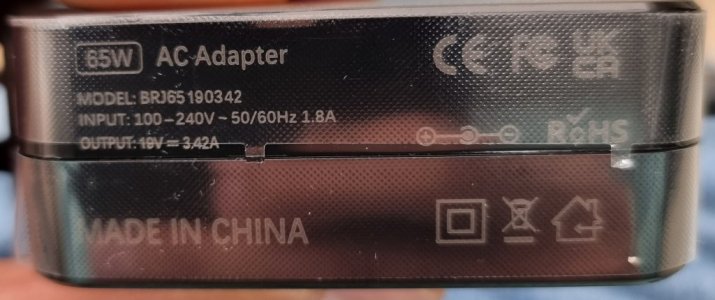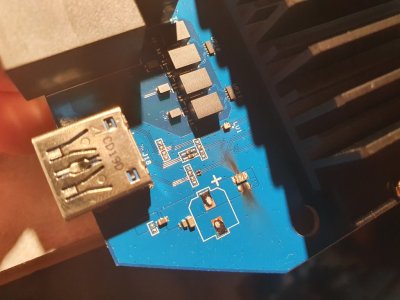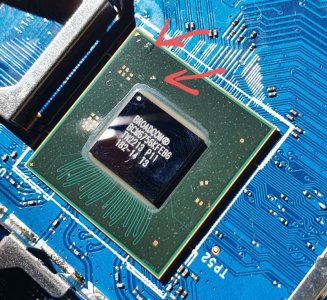Hi all,
The power supply of one of my GT-AX6000 has stopped working. I am not able to find the exact one online, but I have a similar one from one of my old Asus laptop that I think may work.
Could anyone tell me if the router would work with the attached power supply before I attempt this?
Original one:
- output: 19.5V - 2.31A - 45w
- input: 100-240V/1.4A
Spare one from old laptop:
- output: 19V - 3.42A - 65w
- input: 100-240V/1.8A
Thanks for your help!
The power supply of one of my GT-AX6000 has stopped working. I am not able to find the exact one online, but I have a similar one from one of my old Asus laptop that I think may work.
Could anyone tell me if the router would work with the attached power supply before I attempt this?
Original one:
- output: 19.5V - 2.31A - 45w
- input: 100-240V/1.4A
Spare one from old laptop:
- output: 19V - 3.42A - 65w
- input: 100-240V/1.8A
Thanks for your help!





